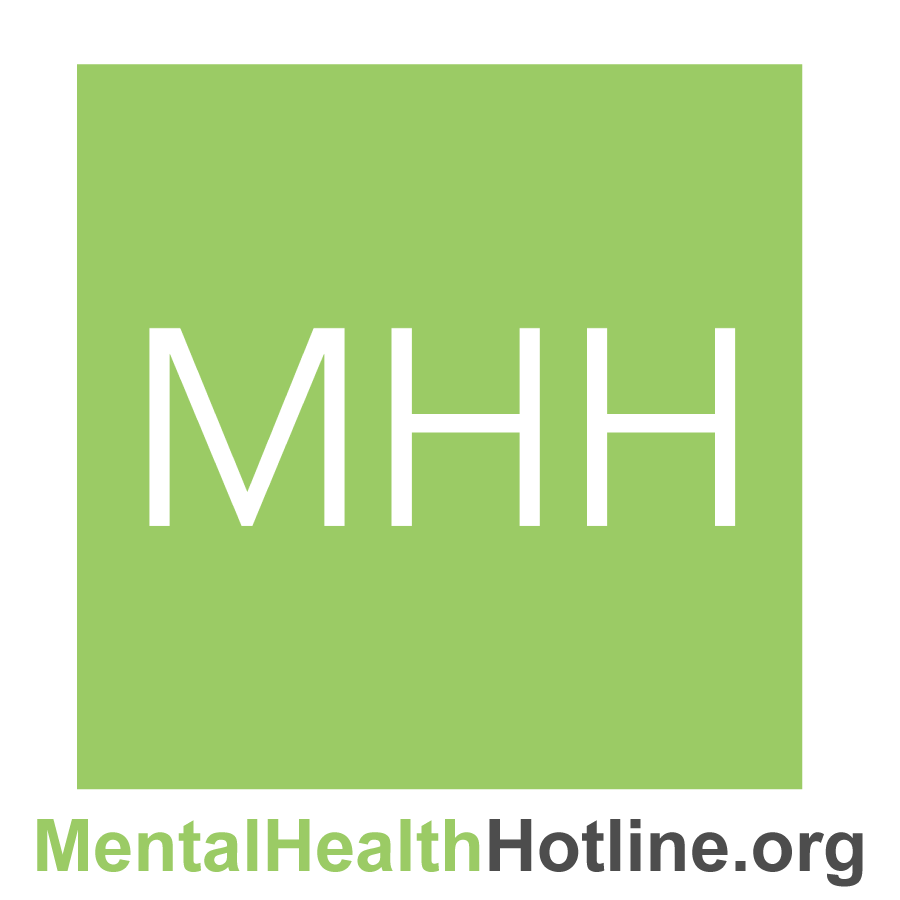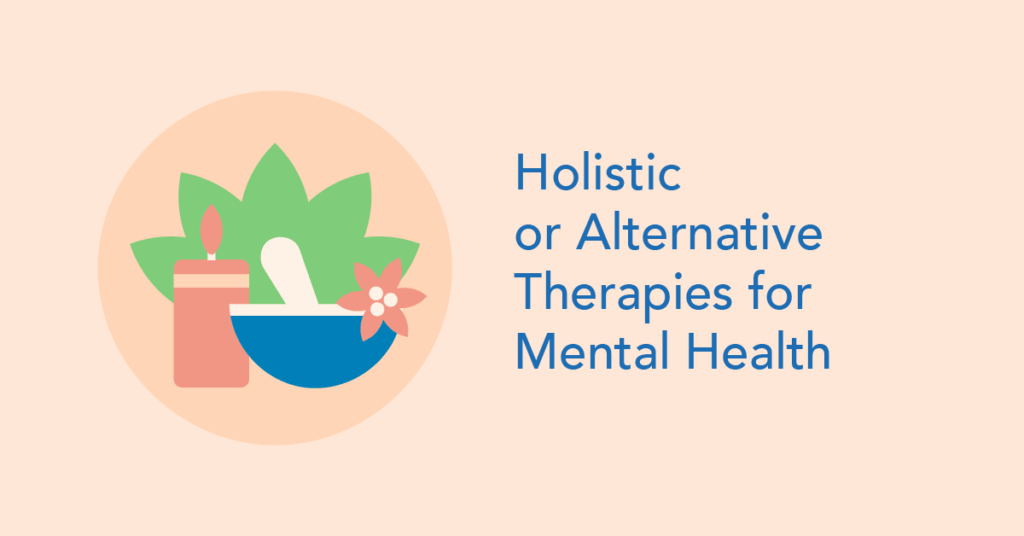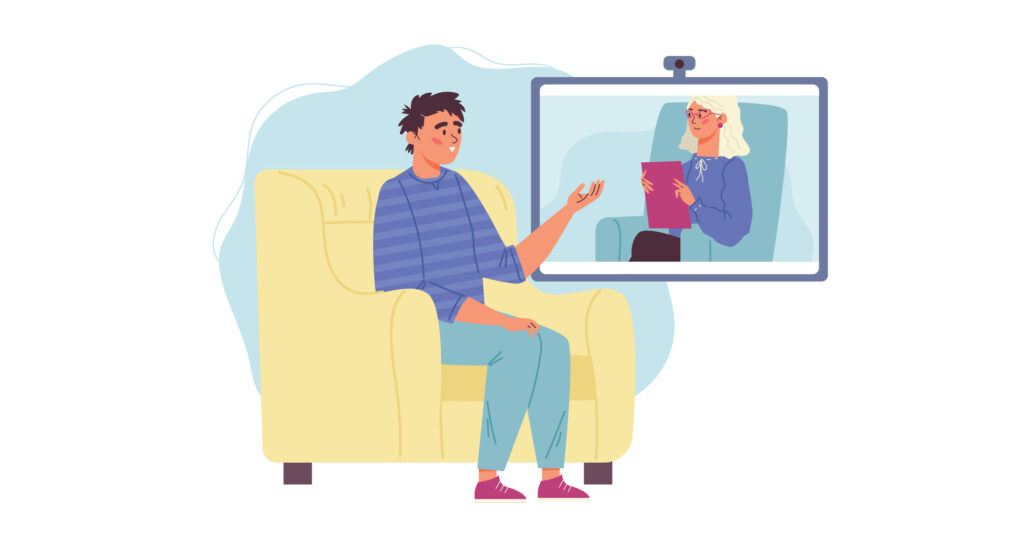What are Holistic Options for Mental Healht?
Holistic and alternative therapies for mental health refer to nontraditional approaches that address the mind, body and spirit in support of emotional well-being.
Holistic and alternative therapies for mental health refer to nontraditional approaches that address the mind, body and spirit in support of emotional well-being.
These therapies are often used alongside traditional treatments like psychotherapy and medication but can also stand alone as supportive tools. While not all alternative therapies are backed by the same level of clinical research as conventional medicine, many people find them helpful for reducing stress, improving emotional regulation and building resilience.
If you’re navigating a mental health condition or simply looking for new ways to support your emotional wellness, exploring holistic options might be a meaningful step.
What Are Holistic or Alternative Mental Health Therapies?
The term “alternative therapy” covers a broad range of practices that fall outside mainstream psychiatry or medicine. “Holistic” typically emphasizes treating the person as a whole, including mental, emotional, physical and even spiritual aspects.
Examples of holistic or alternative mental health therapies include:
- Mindfulness and meditation
- Yoga and breathwork
- Nutritional therapy
- Art and music therapy
- Massage therapy
- Acupuncture
- Herbal or natural supplements
- Equine-assisted therapy
- Energy healing (e.g., Reiki)
These therapies aren’t always replacements for professional treatment, but they can offer additional support, particularly for stress-related conditions or for people looking for a more integrative approach to care.
Benefits of Holistic Approaches
People turn to holistic and alternative therapies for a variety of reasons. Some feel more comfortable with natural methods. Others seek relief when traditional treatments fall short or produce side effects.
Commonly reported benefits include:
- Reduced anxiety and stress
- Improved mood and emotional stability
- Increased body awareness and mind-body connection
- Better sleep and energy levels
- Enhanced coping skills and emotional expression
- A greater sense of personal empowerment
These approaches are particularly popular among individuals managing depression, anxiety, post-traumatic stress disorder (PTSD), chronic stress or burnout.
Holistic Therapy Options Worth Exploring
1. Mindfulness and Meditation
Mindfulness practices involve paying nonjudgmental attention to the present moment. Research has shown mindfulness-based stress reduction (MBSR) and meditation to be effective in reducing symptoms of anxiety and depression.
Even brief daily practice can lower cortisol levels, ease rumination and improve emotional regulation.
2. Yoga and Breathwork
Yoga combines movement, breath control and meditation to promote mental clarity and physical relaxation. Certain styles, such as trauma-informed or yin yoga, are especially calming for individuals with trauma histories.
Breathwork techniques, such as box breathing or alternate nostril breathing, can also soothe the nervous system and help regulate emotions.
3. Art and Music Therapy
Creative therapies allow individuals to express feelings they may struggle to put into words. Art and music therapy have been shown to reduce stress, enhance self-awareness and support emotional processing — particularly in those with trauma or anxiety. These therapies are often available through licensed clinicians or group workshops.
4. Nutritional and Gut Health Support
Growing research links gut health with mental health, particularly in conditions like depression and anxiety. Nutritional therapy focuses on food as medicine and may involve improving diet, reducing inflammation or supplementing with vitamins or probiotics. A holistic nutritionist can help assess whether nutritional imbalances may be contributing to mental health symptoms.
5. Massage and Acupuncture
Massage therapy can reduce cortisol, ease muscle tension and improve mood, especially in individuals dealing with chronic stress or trauma. Acupuncture, rooted in traditional Chinese medicine, involves placing small needles into specific body points to improve energy flow. Some studies suggest acupuncture may help with anxiety, depression and insomnia.
6. Herbal and Natural Remedies
Herbs like Saint-John’s-wort, valerian root and ashwagandha are sometimes used to support mood and reduce anxiety. However, these should always be used with caution and under the guidance of a qualified provider, as they can interact with medications or produce side effects.
Natural remedies aren’t always regulated, and “natural” doesn’t always mean safe.
What to Consider Before Starting Holistic Therapy
Holistic and alternative therapies can be incredibly supportive — but they aren’t magic cures. It’s important to use them wisely, especially if you’re managing a mental health condition that requires clinical care.
Consider the following:
- Speak to a licensed provider before replacing or adjusting any medication.
- Look for certified or licensed practitioners in your area.
- Combine alternative therapies with conventional treatments when possible.
- Be cautious with herbal supplements — always check for interactions.
- Make sure your chosen therapy is safe and aligns with your personal needs and values.
Holistic support is most effective when personalized and consistent.
Holistic Therapies Are Not a One-Size-Fits-All Solution
Not every holistic approach will work for every person, and that’s okay. Healing is personal, and what feels supportive for one person may not resonate with another. The goal isn’t to find the “perfect” tool but to explore safe, healthy strategies that help you feel more connected, grounded and resilient.
Frequently Asked Questions
Some holistic therapies have research support, especially mindfulness, yoga and nutritional interventions. Others are more anecdotal but still valued for their calming or empowering effects. Many people benefit from using holistic methods alongside traditional care.
Some individuals find they can manage symptoms naturally, while others require medication for stabilization. It’s important to work with a doctor or therapist before making changes to your treatment plan.
Some herbal remedies or unregulated practices can interfere with medication or worsen symptoms. Always consult with a health care provider, and avoid unlicensed practitioners.
Start by searching for licensed counselors who offer integrative or trauma-informed care. You can also explore directories through organizations like NAMI or the Integrative Medicine Consortium.
Not every method fits every person. If something doesn’t feel supportive or helpful, there are many other options to explore. It is important to be flexible how healing happens – and trying different approaches is part of the process.
Support That Respects Your Whole Self
Mental health care doesn’t have to follow a single path. Whether you’re exploring therapy, medication, holistic support or all of the above, what matters most is that you’re seeking help in a way that feels safe and empowering.
If you’re feeling stuck, overwhelmed or unsure where to begin, the Mental Health Hotline is here to help. Our trained professionals can guide you through your options, offer support and connect you with services that respect both clinical and holistic approaches to wellness.
Editorial Team
-
 Written By: MHH
Written By: MHHMental Health Hotline provides free, confidential support for individuals navigating mental health challenges and treatment options. Our content is created by a team of advocates and writers dedicated to offering clear, compassionate, and stigma-free information to help you take the next step toward healing.
-
 Reviewed By: Dr. Daphne Fatter
Reviewed By: Dr. Daphne Fatter


